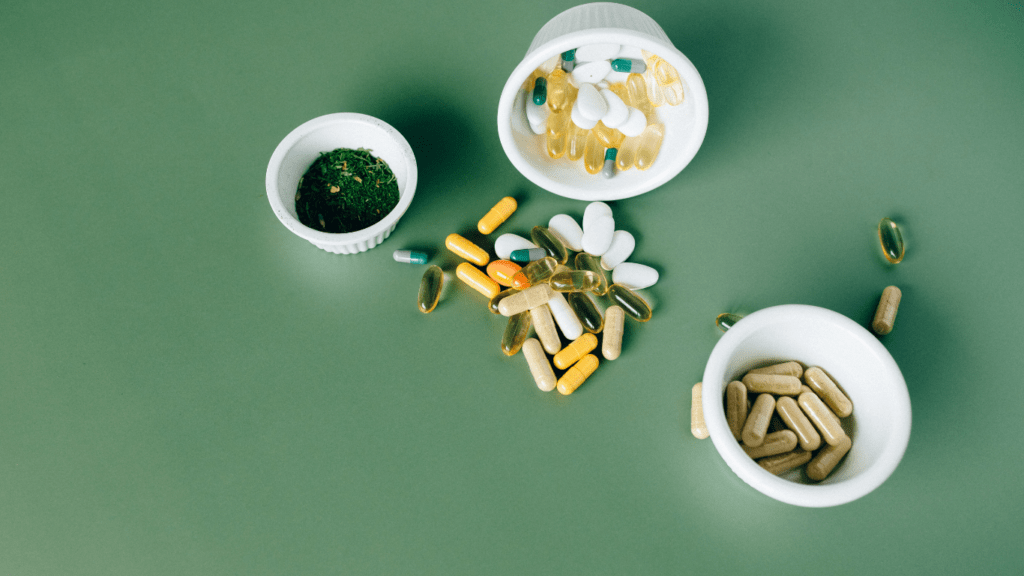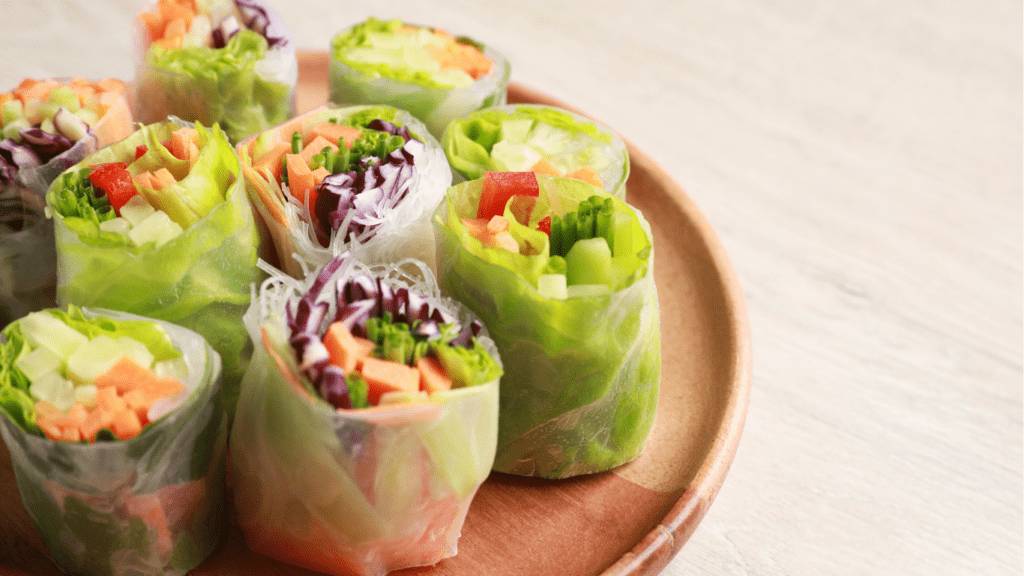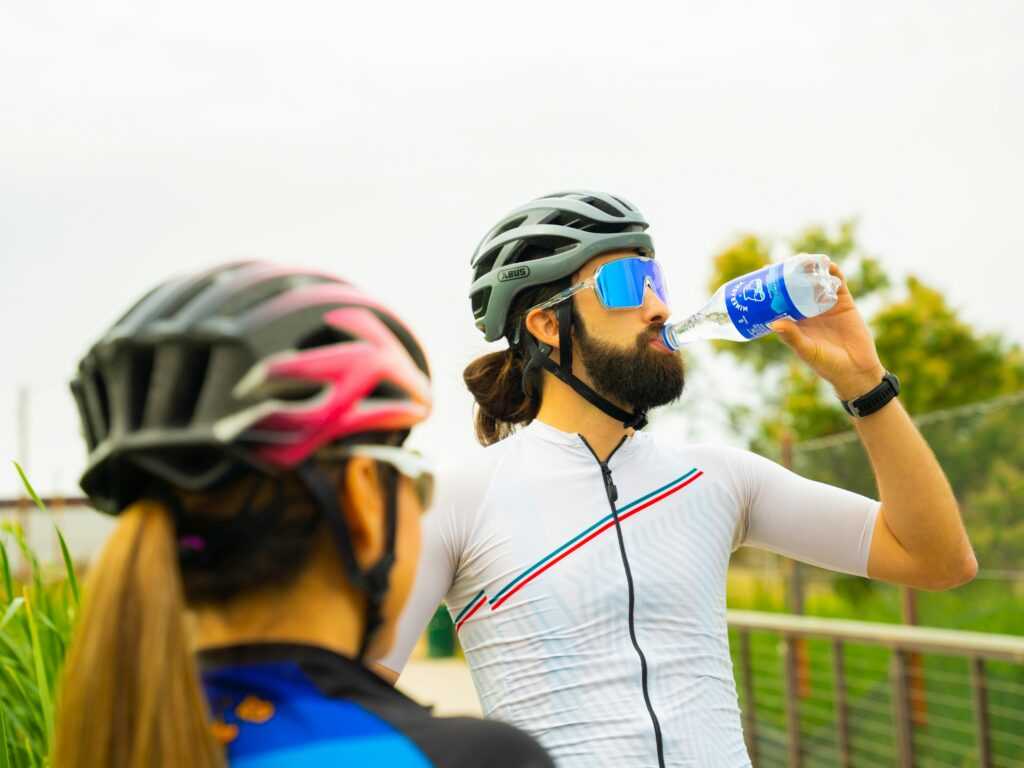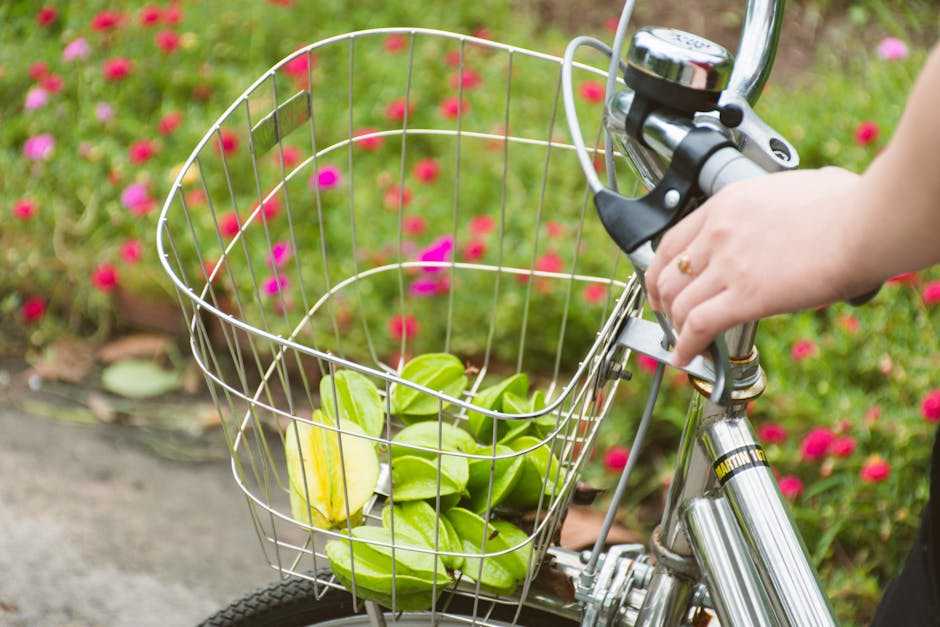Understanding Vegan Nutrition for Cyclists
Cyclists following a vegan diet can meet their nutritional needs with careful planning. Consuming the right nutrients ensures optimal performance and recovery.
Key Nutrients and Their Sources
Protein is essential for muscle repair and growth. Plant-based sources include:
- lentils
- chickpeas
- tofu
- tempeh
- peas
For example, a serving of lentils provides around 18 grams of protein.
Iron supports oxygen transport in the body. Spinach, lentils, and fortified cereals offer good plant sources. For instance, a cup of cooked spinach contains about 6.4 milligrams of iron.
Calcium is crucial for bone health. Almonds, fortified plant milks, tofu, and leafy greens are excellent sources. For example, a cup of fortified almond milk can contain up to 45% of the daily recommended calcium intake.
Vitamin B12 is necessary for nerve function and blood formation. It is not naturally available in plants, but fortified foods and supplements can fill this gap. Fortified nutritional yeast is a popular choice.
Omega-3 fatty acids ensure heart health and reduce inflammation. Flaxseeds, chia seeds, and walnuts are good sources. For example, a tablespoon of chia seeds provides about 4,900 milligrams of omega-3s.
The Importance of Balanced Meals
A balanced meal includes carbohydrates, protein, and fats.
- Whole grains like quinoa and oats provide complex carbs for sustained energy.
- Adding kidney beans or tofu offers protein, while avocado or nuts supply healthy fats.
- Timing meals around training sessions optimizes energy levels.
- Eating a carb-rich meal 2-3 hours before a ride gives necessary fuel. For post-ride recovery, a balanced meal with a 3:1 carb-to-protein ratio aids muscle repair.
- Incorporating a variety of colorful vegetables ensures a range of vitamins and minerals.
For example, a meal with quinoa, black beans, sweet potatoes, and kale offers a nutrient-dense option.
Hydration is critical. Drinking water throughout the day and using electrolyte drinks during long rides prevents dehydration and electrolyte imbalance. For instance, an electrolyte drink with added sodium can aid in prolonged rides.
Recommended Supplements for Vegan Cyclists

For vegan cyclists, certain supplements can enhance performance and recovery by addressing potential nutrient gaps.
B12 and Iron Supplements
Vitamin B12 is crucial for red blood cell formation and nerve function. Since B12 isn’t naturally found in plant foods, I recommend supplementing with 2500 mcg of cyanocobalamin weekly. This ensures optimal energy levels and helps prevent anemia.
Iron deficiencies can lead to fatigue and decreased stamina.
Heme iron, found in animal products, is more easily absorbed than non-heme iron from plants. A daily supplement containing 18 mg of iron bisglycinate can improve absorption and reduce gastrointestinal discomfort.
Pairing iron supplements with vitamin C-rich foods, such as oranges or bell peppers, can further enhance iron absorption.
Protein and Omega-3 Fatty Acids
Proteins are vital for muscle repair and growth. While many plant-based foods provide adequate protein, supplementation can be beneficial, especially after intense training.
I suggest using a plant-based protein powder, like pea or hemp protein, to achieve an intake of 20-30 grams post-exercise. This promotes muscle recovery and growth.
Omega-3 fatty acids support heart health and reduce inflammation. Algal oil supplements provide a direct source of DHA and EPA, which are essential for vegan diets. A dosage of 300-500 mg daily helps meet these needs and supports overall cardiovascular health.
Meal Planning Strategies
Effective meal planning ensures vegan cyclists meet their nutritional needs for both performance and recovery.
Pre-Ride Meals and Snacks
Choosing the right foods before cycling maximizes energy. Complex carbohydrates, proteins, and healthy fats are essential. For example, oats with almond butter and berries an hour before a ride provide sustained energy.
Bananas, a great snack for quick carbohydrates and potassium, can be eaten 15 minutes before cycling. A smoothie made with spinach, banana, and plant-based protein powder offers an easy-to-digest, nutrient-rich option.
Recovery Nutrition Post-Ride
Post-ride meals should focus on muscle repair and glycogen replenishment. A combination of protein and carbohydrates aids recovery. An optimal post-ride meal might include tofu stir-fry with quinoa and mixed vegetables.
For a quicker option, a hummus and whole grain wrap or a berry smoothie with added pea protein works well. Adding chia seeds or flaxseeds to meals helps incorporate omega-3 fatty acids for inflammation reduction.
Overcoming Common Challenges
Cycling as a vegan presents unique challenges, especially when it comes to maintaining balanced nutrition on the go.
Dealing with Dietary Restrictions on the Road
Planning meals and snacks for travel destinations can help manage dietary restrictions effectively. I pack portable, nutrient-dense snacks like mixed nuts, dried fruit, and energy bars.
These items provide essential nutrients without taking up much space. When dining out, I use apps like HappyCow to find vegan-friendly restaurants.
Carrying a small stash of non-perishable items such as instant oatmeal or packets of nut butter ensures I always have a quick meal option. For longer trips, I prepare batch-cooked meals, keeping them in airtight containers for easy access.
Ensuring Adequate Hydration
Staying hydrated is critical for cyclists, especially during long rides. I always carry a reusable water bottle and refill it at every opportunity. Electrolyte supplements help maintain balance, especially in hot weather.
I often integrate hydrating foods into my diet, such as cucumbers, watermelon, and oranges. Drinking coconut water or using electrolyte tablets in my water provides an extra hydration boost.
Monitoring urine color helps me gauge my hydration levels—pale yellow indicates adequate hydration. Ensuring regular water intake before, during, and after rides supports endurance and recovery, keeping performance optimal.

 Hello, I'm Henry Kirkland, and I’m proud to be part of the Cycle Smooth Ride Long team. Cycling is more than just a sport for me—it’s a way of life. I’m here to share my passion and expertise with you, helping you navigate the world of cycling with confidence and joy.
Whether you’re a beginner looking to get started or a seasoned rider aiming to refine your skills, my goal is to provide you with the insights, tips, and guidance you need to make the most of your cycling journey. At Cycle Smooth Ride Long, we’re dedicated to creating a community where cyclists of all levels can connect, learn, and grow together.
Hello, I'm Henry Kirkland, and I’m proud to be part of the Cycle Smooth Ride Long team. Cycling is more than just a sport for me—it’s a way of life. I’m here to share my passion and expertise with you, helping you navigate the world of cycling with confidence and joy.
Whether you’re a beginner looking to get started or a seasoned rider aiming to refine your skills, my goal is to provide you with the insights, tips, and guidance you need to make the most of your cycling journey. At Cycle Smooth Ride Long, we’re dedicated to creating a community where cyclists of all levels can connect, learn, and grow together.
